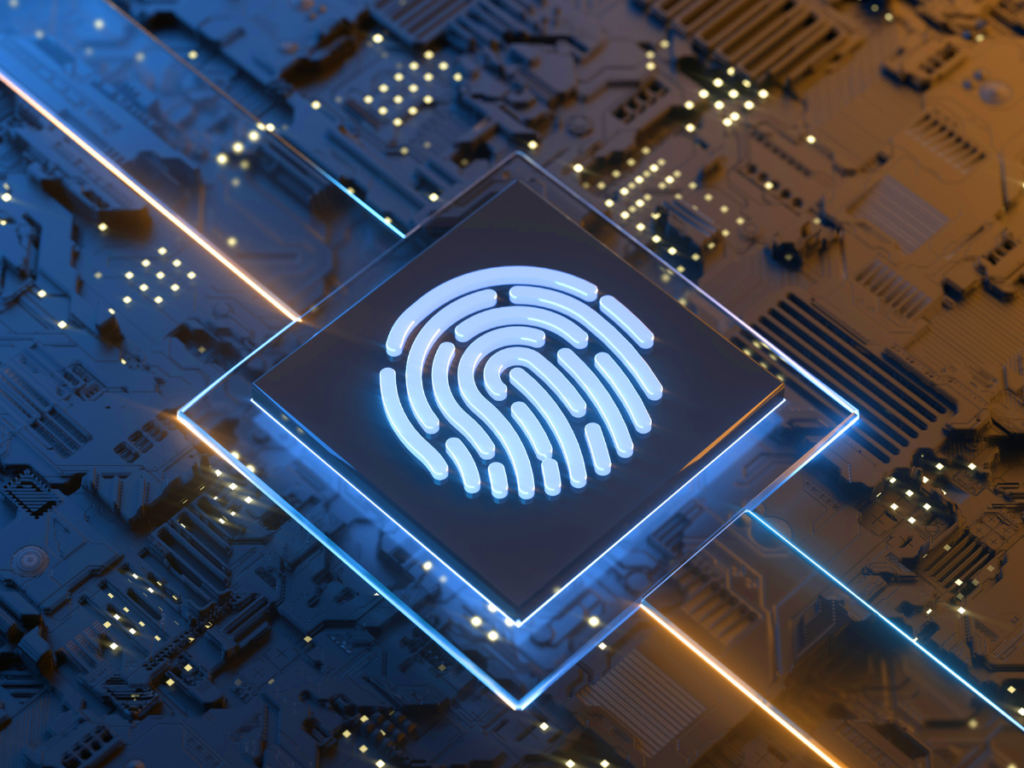Open banking and digital identification will shape finance – they are offering new growth prospects as people manage their finances online.
The financial landscape will be shaped by two key trends: open banking and digital identification. Open banking and digital identification are creating new opportunities for growth as customers increasingly handle their financial online.
Open banking: definition and consequences
Banking is evolving due to open banking. By allowing banks to share financial information, open banking fosters innovation and interoperability. Via accessible APIs, third-party developers get access to client data from banks and financial institutions.
Open banking impacts greatly. It helps create innovative financial products and services that exploit client data.
A third-party developer might leverage open banking APIs to construct a financial management app that aggregates data from numerous bank accounts, providing consumers a better financial picture.
Open banking could also disrupt banking models. Open banking allows third-party suppliers to compete, giving consumers more options and lower prices.
It also enables data-sharing and collaboration-based financial institution business models.
Digital identity: definition and consequences
Digital identity is a person’s digital identity. Name, address, date of birth, email addresses, social media profiles, and device IDs can be included.
Digital identity is huge. It enhances online transaction security and privacy. Verifying identities online can avoid fraud and identity theft.
Digital identity impacts financial services. Digital identity can simplify onboarding and reduce fraud by verifying clients’ identities more securely.
It can enable new digital identity-based business models like identity verification and digital signature platforms.
Potential Effects
Open banking and digital identification affect financial services. Open banking and digital identification can enable data sharing and collaboration to create new business models and services that increase consumer experience and innovation.
This convergence affects payments. Open banking APIs help third-party suppliers offer payment services that use consumer data and digital identification.
A third-party payment provider might leverage open banking APIs to access client data and verify identity, speeding up the payment process.
Open banking and digital identification are also enabling lending. By sharing and collaborating data, open banking APIs help lenders evaluate borrowers’ creditworthiness.
This could lead to more tailored and accessible financing models that use client data and digital identities. But, open banking and digital identification pose additional threats.
Data breaches and identity theft are major threats. Data breaches and identity theft increase as financial organizations share client data.
Third-party companies’ customer data use raises issues. Open banking APIs allow third-party companies to establish new services, but client data may be exploited.
Open vs. conventional banking: Is your data safe?
Consumers now enjoy more financial security, effectiveness, and simplicity thanks to Open Banking and Digital Identity. But, when people trust more personal and financial data to these services, they may be exposing too much.
Open Banking and Digital Identity raise concerns about data leaks and identity theft. Conventional banks are carefully regulated and work with governments to secure client data. Yet, Open Banking and Fintechs are newer players and look more vulnerable to data breaches and cyberattacks.
As people exchange more personal and financial data with these services, data privacy is crucial. Many Open Banking and Fintechs use powerful encryption and security methods to secure user data, however personal information can still be accessed. Identity theft, financial fraud, and reputational harm can result.
Open Banking and Digital Identity may also provide people a false sense of security. Digital data may seem safer than paper-based data. Digital information can also be stolen, lost, or damaged.
This implies it’s crucial to understand the risks of both notions and take precautions to secure one’s data (this includes regularly monitoring bank and credit card statements, setting up alerts for suspicious activity, using strong and unique passwords, and enabling two-factor authentication whenever possible).
So, third-party suppliers should not be trusted with personal and financial data. Before exchanging information, one should check the provider’s privacy policy, terms of service, and reputation.
In the end
Future financial trends include open banking and digital identification. Open banking and digital identity enable data sharing and collaboration, enabling financial industry innovation and growth.
These tendencies provide hazards and problems. Financial institutions must manage risk by employing strong security measures and transparent data sharing and consent rules.
Despite these limitations, open banking and digital identification are enabling financial institutions to offer more personalized, accessible, and secure services.
So, these sectors will continue to attract investment and innovation. Digital identification has seen substantial investment and innovation. Microsoft and Google are investing extensively in biometrics and blockchain to improve digital identity verification.
Many startups and fintech firms are exploring new digital identity solutions. Civic and ID.me are creating blockchain-based identity verification technologies to make online identity verification more safe and reliable. Open banking and digital identification could change the financial system and spur innovation and growth.
But, financial institutions must actively control these trends and work with third-party suppliers to properly and ethically use client data.












